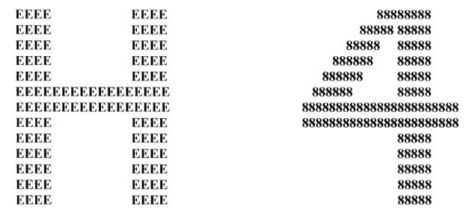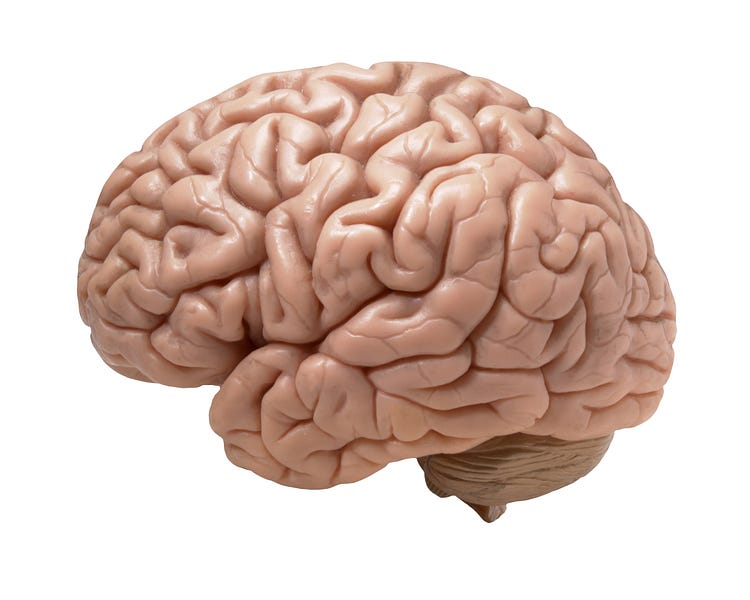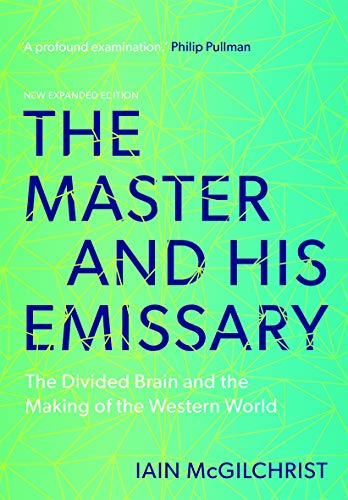panca kanga
Padawan Learner
I wonder if any one has had chance to read "The Master and His Emissary" by Iain McGilchrist?
(cf. at Amazon: __www.amazon.co.uk/The-Master-Emissary-Iain-McGilchrist-ebook/dp/B003ZSHUG6)
In another post I have mentioned my interest in Julian Jaynes earlier book on a similar topic, I have not read this one yet, but looked through it at a friend's house and he has promised to lend it me when he finishes it. At first glance it appears to be a similar interdisciplinary combination of brain science, and cultural history.
On top of that, I have recently read (most of) "Thinking Fast and Slow" by David Kahneman and there are several aspects of Kahneman's book that I was unhappy with - aspects of both style and content. From my cursory glance I am pretty sure that McGilchrist would find much of the origins of System 1 and 2 Thinking in the bicameral structure of the brain. So I also hope that McGilchrist's wider perspective will give a more complete picture of what Kahneman is describing and help me get a better handle on my problems with that book.
I will post more, if it seems worth while, when I have once again got my hands on either of those books.
(cf. at Amazon: __www.amazon.co.uk/The-Master-Emissary-Iain-McGilchrist-ebook/dp/B003ZSHUG6)
Why is the brain divided? Iain McGilchrist draws on a vast body of recent brain research, illustrated with case histories, to reveal that the difference [between hemispheres] is profound...
McGilchrist takes the reader on a journey through the history of Western culture, illustrating the tension between these two worlds as revealed in the thought and belief of thinkers and artists, from Aeschylus to Magritte. He argues that, despite its inferior grasp of reality, the left hemisphere is increasingly taking precedence in the modern world, with potentially disastrous consequences. This is truly a tour de force that should excite interest in a wide readership.
In another post I have mentioned my interest in Julian Jaynes earlier book on a similar topic, I have not read this one yet, but looked through it at a friend's house and he has promised to lend it me when he finishes it. At first glance it appears to be a similar interdisciplinary combination of brain science, and cultural history.
On top of that, I have recently read (most of) "Thinking Fast and Slow" by David Kahneman and there are several aspects of Kahneman's book that I was unhappy with - aspects of both style and content. From my cursory glance I am pretty sure that McGilchrist would find much of the origins of System 1 and 2 Thinking in the bicameral structure of the brain. So I also hope that McGilchrist's wider perspective will give a more complete picture of what Kahneman is describing and help me get a better handle on my problems with that book.
I will post more, if it seems worth while, when I have once again got my hands on either of those books.







